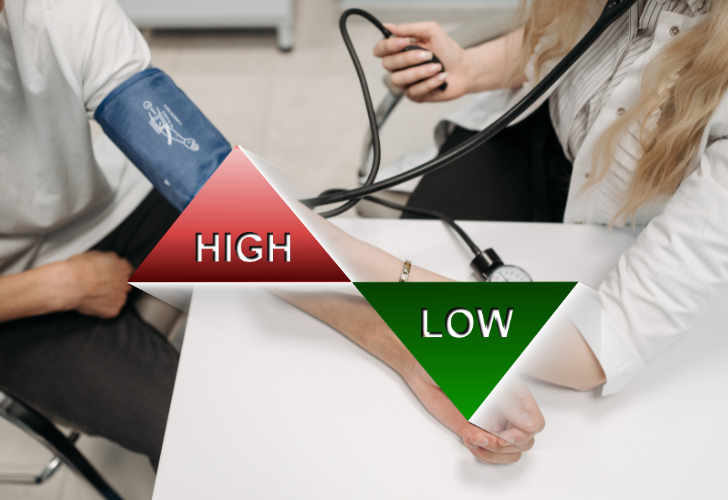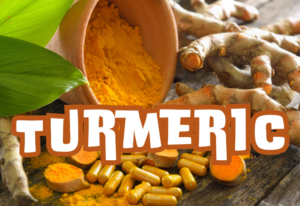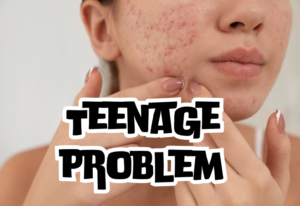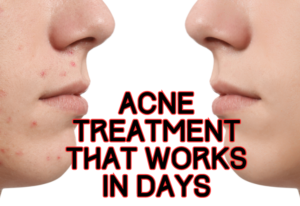
14 Proven Natural Methods to Lower Blood Pressure
Keeping your blood pressure in check is super important for staying healthy and feeling good. Blood pressure is like the pressure of your blood against the walls of your arteries. It’s a big deal because it helps your body deliver oxygen and nutrients to all your organs.
If your blood pressure gets too high, it can cause problems like heart disease or stroke. The tricky part is, high blood pressure usually doesn’t have obvious signs. That’s why it’s smart to keep an eye on it regularly.
In this article, we shall explore various time tested and proven strategies to lower blood pressure naturally. Let’s dive into fifteen effective ways to keep your heart healthy.
Lifestyle Modifications
1. Regular Physical Activity is "Mandatory"
It is imperative for your overall health that you incorporate at least 30 minutes of moderate exercise into your daily routine on most days of the week. Physical activities like swimming, cycling, or brisk walking can significantly lower blood pressure.
Regular exercise strengthens the heart, improves general fitness, and improves blood circulation, all of which contribute to cardiovascular health. The 30-minute time limit emphasizes how doable this commitment is, making it suitable for those with any kind of schedule.
Embrace the "DASH Diet" or the Healthy Heart Diet
The Dietary Approach to Stop Hypertension, or DASH Diet, is a celebration of fruits, vegetables, healthy grains, lean proteins, and saying goodbye to bland food. It’s an artistic gastronomic journey where every dish serves as a canvas. Imagine enjoying the satisfying richness of whole grains, the juicy ripeness of fruits, and the crispness of fresh vegetables—all while managing your blood pressure.
But there’s still more! The DASH Diet is a lifestyle change that goes beyond just what you eat. It promotes mindful eating, meaning that every bite matters. It’s like a superhero cape for your heart, protecting it from the wicked grasp of hypertension with its emphasis on cutting salt.
Stress Management
3. Practice Relaxation Techniques
Stress is a consistent companion, like an unwanted relative, in the commotion of our fast-paced lives. But the real answer lies in relaxation techniques. Imagine a calm haven in the middle of the hectic world we live in, a place where your body and mind can find refuge in the peaceful poses of yoga, the rhythmic dance of deep breathing, and the profound contemplation of meditation.
Mentally escape the problems through meditation, the technique of finding quiet in the midst of the storm. It’s a journey into the mind where the outside world disappears and is replaced with a tranquil setting where there is just calm and peace, promoting a sanctuary of lower blood pressure and a serene sense of well-being.
4. Prioritize Quality Sleep
Lack of sleep can lead to elevated blood pressure. Ensure you get 7-9 hours of restful sleep each night to support overall heart health.
Amid the hustle of modern life, the importance of a good night’s sleep often takes a backseat. Yet, if you seek a secret potion for vitality, resilience, and overall well-being. Prioritizing quality sleep isn’t merely a luxury; it’s your ticket to a rejuvenated existence.
Drift into your dreams, where your body repairs and recharges like a diligent night-shift worker. Quality sleep is more than a time of rest; it’s an essential contributor to mental acuity and emotional resilience
Herbs and Supplements
5. Include Potassium-Rich Foods
Think of potassium as a good guy fighting against the bad guy, sodium. Sodium can make your blood pressure go up. Potassium helps your blood vessels relax and keeps everything in balance. Plus, it’s not just good for your heart – it also helps your muscles and bones stay strong.
Some of the potassium-rich foods include: Bananas, Sweet potatoes, Spinach, Oranges, Potatoes (with skin), Avocados, Tomatoes, Yogurt, Beans (like kidney beans or black beans), & Salmon.
6. Exploring Herbal Options
a) Soursop (Graviola) for Lower Blood Pressure
The unique-tasting tropical fruit known as soursop is becoming more well-known for its possible benefits to heart health and blood pressure regulation. Rich in antioxidants, especially vitamin C, soursop may aid in the fight against inflammation and oxidative stress, which could lead to better cardiovascular health. Soursop contains potassium, an essential mineral that balances salt levels in the body to control blood pressure. Taking soursop in many forms—like fresh fruit, juice, or supplements—enables people to take advantage of its possible health advantages. Click here if you want to learn more about Soursop
Consider herbs like hibiscus, garlic, and olive leaf extract, which have shown promise in supporting lower blood pressure. Always consult with a healthcare professional before adding herbal supplements to your routine.
b) Sipping Wellness: Hibiscus Tea and Lower Blood Pressure
Delve into the benefits of hibiscus tea and how it can be a natural ally in the quest to lower blood pressure.
c) CBD has a calming effect and helps lower blood pressure
Weight Management
7. Achieve and Maintain a Healthy Weight
There is a direct link between high blood pressure and excess weight. The fact is that excess weight puts undue strain on your cardiovascular system, causing it to work overtime and raise blood pressure. Regular exercise and a healthy diet are of vital importance.
Think of your food as the engine that drives your body, and a well-balanced, healthy diet plan as the premium fuel that keeps everything running smoothly. Accept foods high in nutrients, wave goodbye to extra calories, and watch the magic happen as your body’s circulatory system finds its perfect beat.
8. Moderate Alcohol Consumption
While moderate alcohol intake may have cardiovascular benefits, excessive drinking can raise blood pressure. Limit alcohol consumption to promote a healthier heart.
Dietary Adjustments
9. Increase Omega-3 Fatty Acids
Include foods high in omega-3 fatty acids in your diet, such as walnuts, flaxseeds, and fatty fish. These may help to reduce blood pressure.
10. Limit Caffeine Intake
While a small amount of caffeine is usually harmless, consuming too much of it might cause a brief jump in blood pressure. Pay attention to how much tea and coffee you drink.
11. Maintain Adequate Hydration
Proper hydration supports overall health, including blood pressure regulation. Aim to drink at least 8 glasses of water daily.
12. Reduce Processed Food Intake
Processed foods frequently have significant salt content, which raises blood pressure. Choose entire, unprocessed foods if you want to eat a diet low in fat.
Physical Practices
13. Tai Chi and Yoga
Gentle yet effective blood pressure-lowering workouts include yoga and tai chi. Think about adding these routines to your weekly schedule.
14. Deep Breathing Exercises
Deep breathing techniques can reduce blood pressure right away by providing a soothing, instant effect. Spend a few minutes every day concentrating on your breathing.
A comprehensive strategy for lowering blood pressure includes dietary changes, physical activity, stress reduction, and lifestyle changes. Make use of these tactics on a regular basis to promote heart health.
FAQs
Q1: Can I lower blood pressure solely through diet?
When paired with other lifestyle modifications, a heart-healthy diet can greatly reduce blood pressure.
Q2: Are there specific foods that can help lower blood pressure?
Indeed, eating a diet high in antioxidants, omega-3 fatty acids, and potassium can help decrease blood pressure.
Q3: How quickly can I expect to see results from these strategies?
Although each person will react differently, over time, consistent use of these tactics can result in measurable drops in blood pressure.
Q4: Is it necessary to take medication to lower blood pressure?
Medication may be prescribed under certain circumstances. Nonetheless, as a first line of defense, lifestyle modifications are frequently advised.
Q5: Can I still enjoy occasional treats while trying to lower blood pressure?
The key is moderation. While indulging in occasional sweets is allowed, it’s important to maintain a balanced, heart-healthy diet overall.





